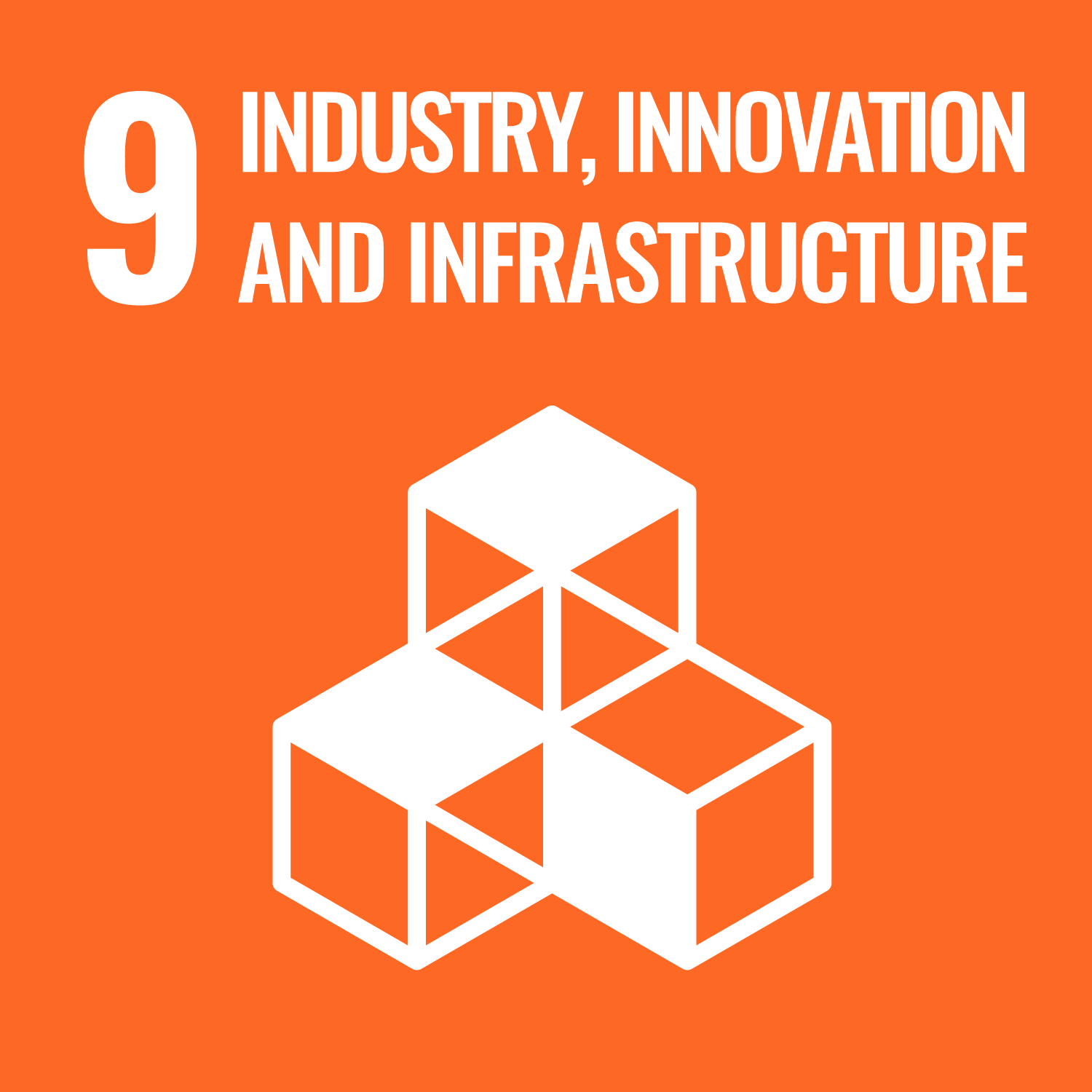Blog
24-04-2024
Interoperable Europe Act
On 11 April, the Interoperable Europe Act came into force, which aims to ensure that public services are better connected to people and businesses. In a statement, Brussels explains that the law is essential to achieving the goals of the EU's Digital Decade, such as having 100 per cent of the main public services available online by 2030.
Cross-border data exchange will be facilitated and the digital transformation of the public sector will be accelerated. In what ways? Here are some examples: services including mutual recognition of academic degrees or professional qualifications, exchange of vehicle data for road safety purposes, access to social security and health data, exchange of tax or customs information, accreditation of public tenders, digital driving licences and business registers.
It is also planned to set up a multi-level co-operation framework, bringing together the most experienced digital public administration professionals from the Member States, as well as a broad community of civil society, experts, academics and local stakeholders, to define a common interoperability agenda and an evolving ecosystem of common interoperability solutions. This framework will be led by the European Interoperability Board and supported by the European Interoperability Community.
The project involves the creation of the "European Interoperable Portal", a one-stop shop to encourage the sharing and reuse of reliable, high-quality interoperability solutions between the various public administrations, as well as reinforced mechanisms to support innovation and policy development, including training and regulatory test environments to develop, test and extend solutions.
The Regulation applies to public sector bodies, including EU institutions and bodies, and the changes will be funded through the Digital Europe Programme (DIGITAL).
Next steps:
For the most part, the provisions will be applicable and effective 3 months after the date of entry into force. Exceptionally, European institutions, bodies and agencies and public sector bodies will carry out interoperability assessments from January 2025.
Member States will have to define the competent national authorities for interoperability by January 2025.
We are connected!
SDG:


Please note: the articles on this blog may not convey the opinion of .PT, but of its author.
Back to Posts